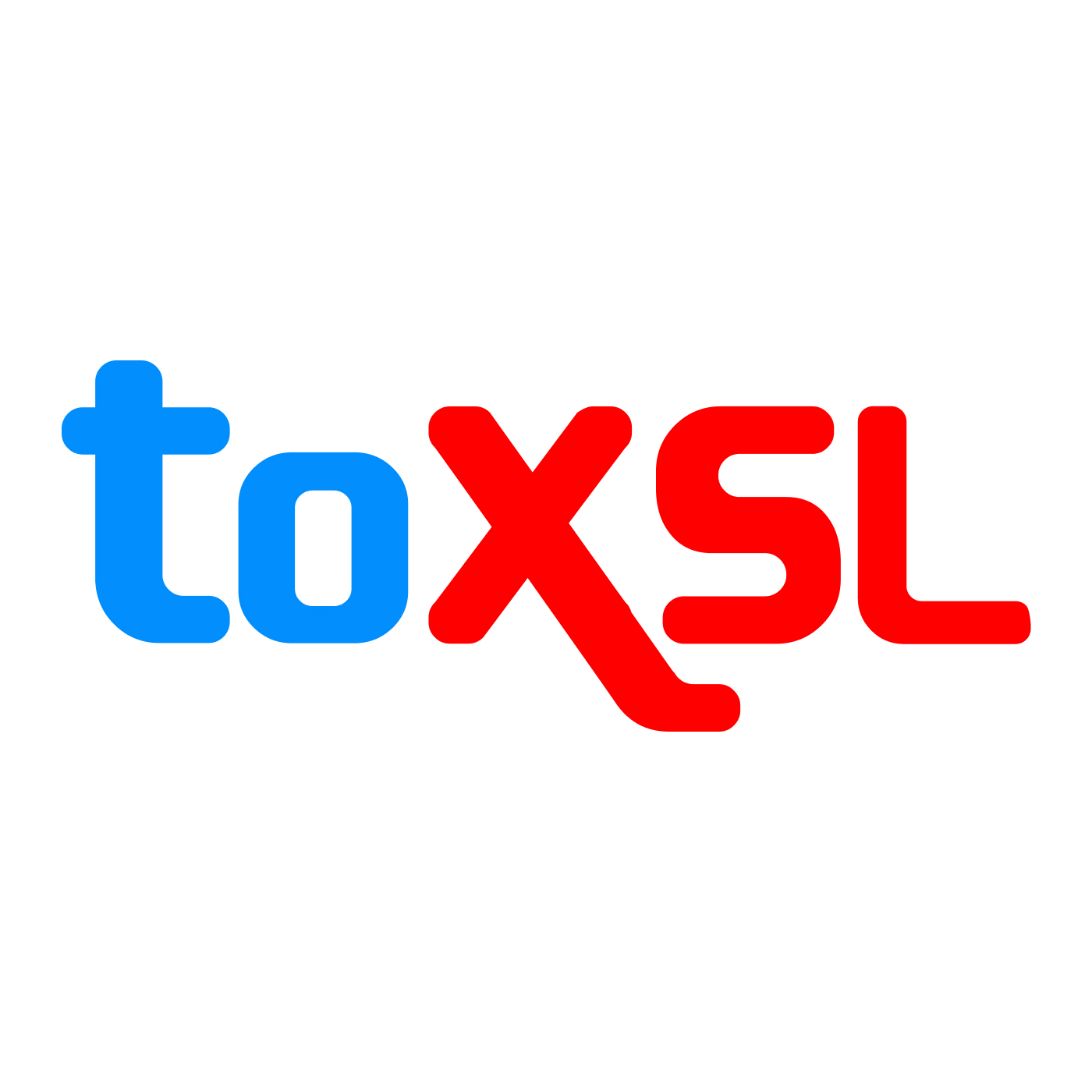
Discover the Top 339 CRM Companies. CRM is a crucial tool for businesses, with a growing market and demand for skilled talent, providing customer-centric solutions for efficient management and growth. Compare top CRM agencies by reviews, ITP Score, capabilities, and portfolios to confidently choose the best fit for your project.
Takes only 2 mins, 100% free








339 Companies Ranking last updated on: March 20, 2025
Remove the bottlenecks that prevent your growth
15% CRM

Software services delivered while enjoying the ride
10% CRM

Bridging the Gap Between Possibility and Solution
60% CRM

Custom Mobile App Development Company in Australia
30% CRM

We help Organizations to digitalize their data and processes and to integrate GenAI
20% CRM

Smart Solutions for a Smarter World
20% CRM

Delivering Value, Transforming Business
10% CRM
Innovative IT Solutions to Empower Businesses Worldwide.
7% CRM

20% CRM

Innovate. Elevate. Dominate.
15% CRM

AIML, Web Mobile Apps, SaaS, Blockchain Experts
5% CRM

A #digital innovation firm.
15% CRM

Go Mobile. Go Cloud. Go Digital.
10% CRM

Fastest Growing Web and Mobile App Company
10% CRM
Your competitive advantage
10% CRM
Leading Software Development & Testing Company
10% CRM

Offshore Value, Local Service.
7% CRM

Imagine every step of your sales funnel fine-tuned
10% CRM

The #1 AI-Automation & System Integration Agency
25% CRM

100% CRM
Post a project for free and quickly meet qualified providers. Use our data and on-demand experts to pick the right one for free. Hire them and take your business to the next level.
Are you looking for the top CRM companies? ITProfiles has carefully curated a list of leading CRM companies based on certain qualitative and quantitative metrics. You can search, compare, and contact these agencies based on your criteria You can also check details about these companies such as their profiles, portfolios, and recent client reviews (Mar 2025 updated) to decide on your IT Services project.
There are 339 companies listed under CRM on ITProfiles.
To choose the best CRM company, consider their experience, expertise in your industry, portfolio of previous projects, client reviews, and ratings. Also, evaluate their approach to customer service, responsiveness, and the compatibility of their working style with yours.
You should consider their expertise, technology stack, experience in similar projects, pricing, communication approach, timeline, and the scope of services they provide. Also, ensure they understand your business needs and objectives.
Average project cost of CRM companies on ITProfiles range between $10,000 to $25,000 for a typical project. The cost of CRM services depends on factors such as project complexity, scope, timeline, and the expertise required. You may get different pricing models like hourly rates, fixed price, or a dedicated team. It's best to request a quote based on your specific requirements.
Yes, many CRM companies also offer design and user experience (UX) services. They often have dedicated teams that focus on creating intuitive, engaging, and visually appealing designs to ensure a great user experience.
You can verify the credibility of a CRM company by checking client reviews, ratings, and testimonials, as well as examining case studies and previous work. You can also reach out to their past clients for direct feedback on their services.
Yes, client reviews and case studies are often available on the company's profile page. These reviews provide insights into their work quality, project outcomes, and client satisfaction.
Absolutely! It's recommended to contact multiple CRM companies for project proposals. This allows you to compare their offerings, expertise, pricing, and approach before making a decision.
These CRM agencies often have experience working across a range of industries, such as healthcare, finance, e-commerce, education, real estate, and technology. You can check their portfolio or inquire directly to find out if they have relevant experience in your industry.
Yes, many CRM companies offer ongoing maintenance and support services after the initial project is completed. This can include bug fixing, updates, and additional feature enhancements to keep your solution running smoothly.
Yes, you can view examples of projects developed by these companies on their profiles, under the portfolio section. This will give you an idea of their capabilities, design aesthetics, and project quality.
Yes, most CRM companies offer consultation services to understand your requirements and propose the best solutions. This initial consultation helps both parties align on project goals and expectations.
To protect your idea, you can ask the CRM company to sign a Non-Disclosure Agreement (NDA). An NDA ensures that your confidential information and intellectual property rights are safeguarded throughout the collaboration.
CRM companies usually offer various engagement models such as fixed-price contracts for defined projects, hourly rates for flexible or ongoing work, and dedicated teams for larger or long-term projects. Choose the model that best fits your project needs and budget.
Yes, many CRM companies provide a free quote for your project. You can submit your project details, we will handpick the best 5 matching service providers and forward your request to them. They will contact you with ITP reference with an estimate of the cost and timeline for your project request.